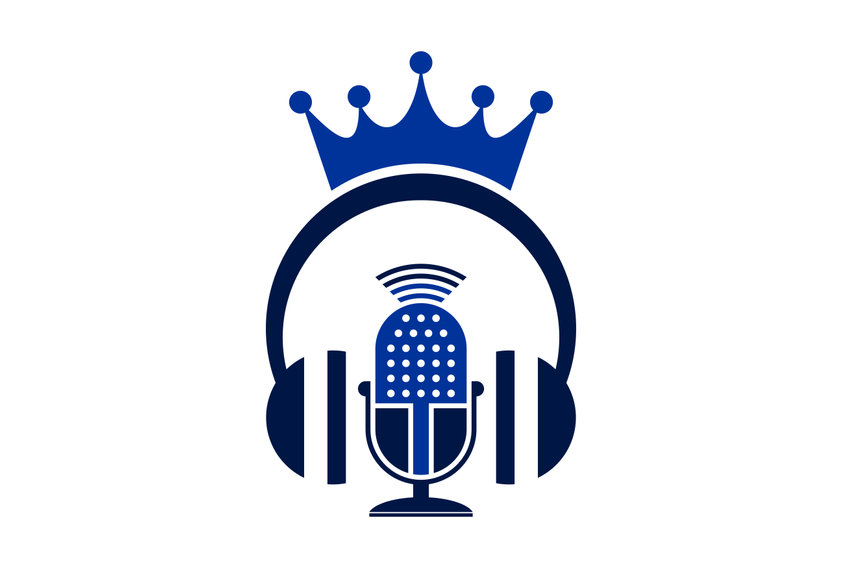One of the primary means by which music creators are paid for use of their work is through royalties.
What are royalties?
Royalties are an inherently old-fashioned concept. The idea centered around an artist releasing music and living off a paycheck, and was grounded in a pre-digital industry. In the past years, streaming has surpassed unit sales in terms of value added to the music industry.
Regardless, the music industry still uses the old-school concept of unit sales to calculate revenue. When a unit of music is “sold” or a play on the radio is registered, the creator of the music earns a share of the revenue generated. Now that streaming is the primary form of music consumption, some challenges have arisen. Streaming music allows the content to reach a greater scope of people and therefore, there is a greater amount of data to register.
What issues does streaming impose on royalties?
Only 0.4% of artists generate enough money from streams to make a sustainable living off of music, according to recent studies. Although there is an implicit assumption that every play of music that occurs is registered, identified and attributed payment, this is not realistic when it comes to streaming music. This becomes even more complicated when taking into account user-generated content on platforms such as TikTok, Snapchat and Facebook.
The music industry today is being challenged to develop a new financial mechanism for generating income to music creators. This becomes even more difficult with investors such as Netflix who often “buyout” the rights of music creators, causing them to waive any rights to future royalties for an upfront commission payment. Because so many agents are involved in the music streaming and production process, it is difficult for music creators to keep track of every agent representing them in every instance of their work.
Additionally, the majority of music streaming services today use a pro rata, rather than a user-centric model to pay out royalties to rights holders. For example, Spotify adds up all its subscription and revenue every month and allocates roughly 70% of that to a royalty pool and then makes disbursements from that pool. Therefore, the majority of a user’s subscription revenue ends up going to major labels rather than directly to the music creator.
One of the potential solutions for this shortcoming to music creators is requiring fans to pay more for streaming in a way that reflects the genuine value of the content. Even more, the value of the streamed content needs to grow exponentially in order to keep up with the ever-growing amount of new music creators popping up on streaming services.








